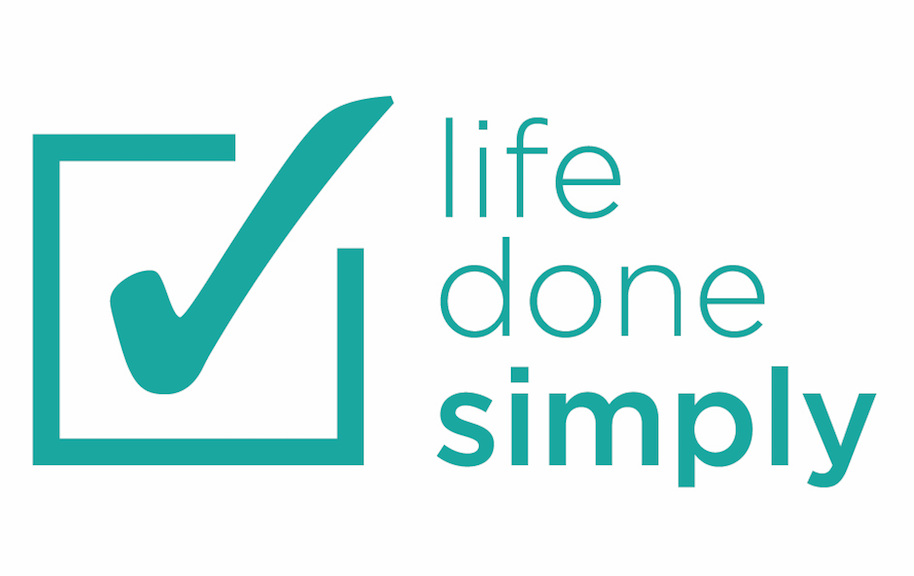Plenty of Time: A Procrastination Story
/You’ve been assigned a new project and have committed to completing it in six months. You’re currently wrapping up a few other important projects, but feel confident that six months is more than enough time to do an excellent job. You are honored to have been asked, have several ideas for this project swirling around in your head, and are excited to start.
I have plenty of time.
Procrastination Origin: Time blindness
A month has passed, and you haven't started on your new project due to various personal and professional hurdles. You still have five months until the deadline and want to put off starting until you can dive head-first into the project. But the initial excitement has worn off, and some of your ideas have faded. You write down what you still remember and hope those ideas will provide the perfect vision for when you are ready to begin.
I'm too busy right now.
Procrastination Origin: Perfection
It's three months until the deadline, and you've blocked an entire week to work on your new project. As you begin your week, you're spinning your wheels because you are missing some critical information needed for your project. It's been three months, and you hesitate to contact your team for the information because you feel you should have started months ago. Several days later, you finally get the courage to reach out and ask, but it will take another week to get the information you need because a team member is unavailable.
I don't know what to do.
Procrastination Origin: Lack of clarity
After some follow-up with your team, you have all the information you need to complete the project. You are dismayed to find out that the scope of the project is different from what you remembered, and you are starting to feel like its impact will be minimal at best. You work on the outcomes but no longer feel excited about the project and get distracted by other tasks, emails, and social media.
I don't understand why we're doing this.
Procrastination Origin: Disconnected from the purpose
You're less than two weeks from the project deadline and nothing else matters. You need to get this project done; otherwise, there will be serious consequences. You work tirelessly each day, and each day it gets harder to focus and stay energized. Your work could be better, and your self-esteem is taking a hit. To make matters worse, you have missed valuable time with your family and haven't taken care of yourself as you should.
End Result
The project was completed on time; however, you were left exhausted, behind on other work, and probably less willing to step up for future projects.
Time blindness, lack of clarity, perfectionism, fear of criticism, disconnect from the purpose, and burnout created a perfect storm in this story. It is unlikely that all of these scenarios would play out simultaneously in real life; however, one is enough to derail your goals if you aren't mindful of your procrastination tendencies.
Combat procrastination before it happens by getting clear!
Lack of clarity is the most common cause of procrastination—not laziness!
Outline the vision for the task or project and ask questions until you understand it.
Ask for as many details upfront as you can.
Define what done looks like without a frame of perfection. Do you have any creative leeway?
Establish or ask for deliverables throughout if the project timeline is long.
No matter the project timeline, start working on your task or project as soon as you have the information above.
"Just begin and the mind grows heated; continue, and the task will be completed!" - Johann Wolfgang von Goethe
Aimee Olson is the founder of Life Done Simply and is a Productivity & Organizing Coach, Speaker, and member of the National Association of Productivity and Organizing Professionals (NAPO). Life Done Simply focuses on productivity and time management strategies, intentional and organized living, and mindfulness practices. Aimee works with a wide range of clients, many of whom are business leaders who want to better understand their priorities and bandwidth and develop focus and habits that honor those priorities.





